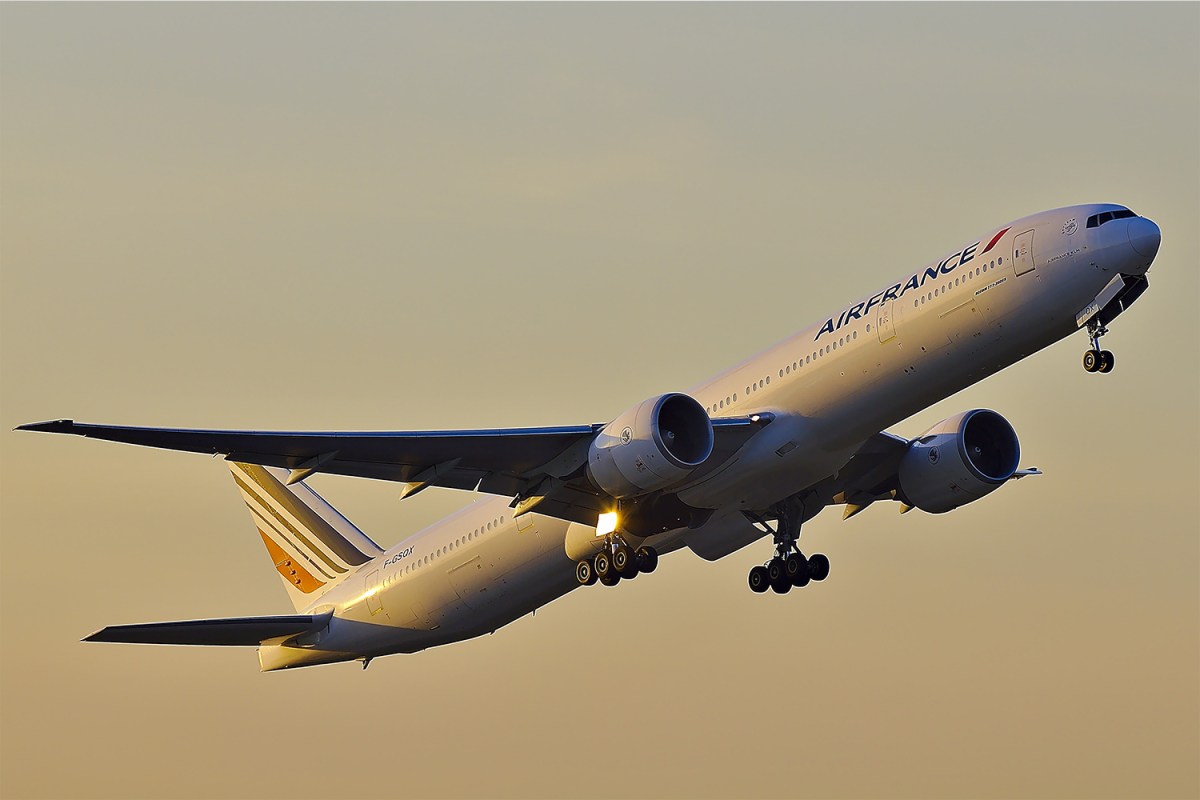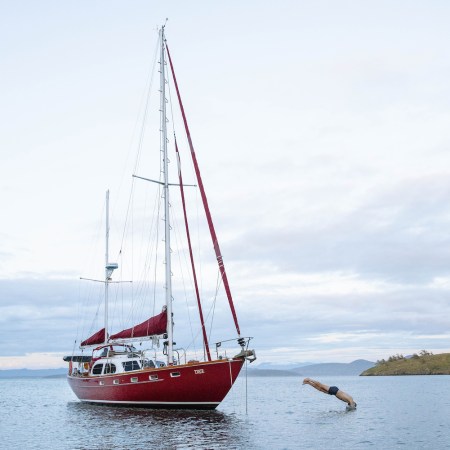Earlier this week, French lawmakers voted in favor of gifting €2,500 ($2,975) to citizens willing to trade in their older-model cars in favor of electric bikes. According to a new report from Reuters, the new “cash-for-clunkers” incentive comes as part of a climate bill tackling the reduction of greenhouse emissions, and would make France the first country in the world to do so.
“For the first time it is recognized that the solution is not to make cars greener, but simply to reduce their number,” said Olivier Schneider of the French Federation of Bicycle Users.
And thats not the only measure the French have taken where climate is involved this week. French Members of Parliament also voted to ban domestic flight routes that are able to be completed instead by train.
The ban — “a watered-down version of a key recommendation from President Emmanuel Macron’s citizens’ climate convention,” as per a report from The Guardian — is meant to eliminate all short internal flights to destinations that can be reached by way of a two-and-a-half hour-train tide.
The topic has been a source of contention across party lines, but after a heated debate this past weekend and a few revisions to the original recommendation, the vote eventually passed. According to The Guardian, the initial recommendation was to ban domestic flights within a four-hour train radius, but was met with strong opposition from both Members of Parliament and French airlines alike.
“We have chosen two and a half hours because four hours risks isolating landlocked territories including the greater Massif Central, which would be iniquitous,” said Jean-Baptiste Djebbari, the transport minister.
Some Members of Parliament, according to The Guardian, expressed concern that the “watering down” of the climate convention’s recommendation, though, rendered the new bill “meaningless.”
“The Covid-19 pandemic is exacerbating pre-existing environmental and social crises. It must lead us to rethink our health policies in order to face the challenge of future health crises of infectious origin,” the French consumer association UFC-Que Choisir said in a statement to Members of Parliament, initially meant to urge the government to retain the four-hour recommendation.
“On average, the plane emits 77 times more CO2 per passenger than the train on these routes, even though the train is cheaper and the time lost is limited to 40 minutes,” it added. “Our study shows that … the government’s choice actually aims to empty the measure of its substance.”
Others worry that there will be further reaching implications. Joël Aviragnet, the Socialist Member of Parliament, said the ban would inevitably result in “disproportionate human cost,” stressing the probability of job losses within the airline industry — a sentiment echoed by Air France-KLM, who are still dealing with COVID-related repercussions.
Ultimately, though, those in favor were triumphant, adamant that any reduction in CO2 emissions would be an overall positive development, which feels like it should — in theory — be true. The hope, too, is that the ban will serve as a roadmap for other countries who want to follow suit, the likes of which reportedly already include Austria and the Netherlands.
Thanks for reading InsideHook. Sign up for our daily newsletter and be in the know.



















